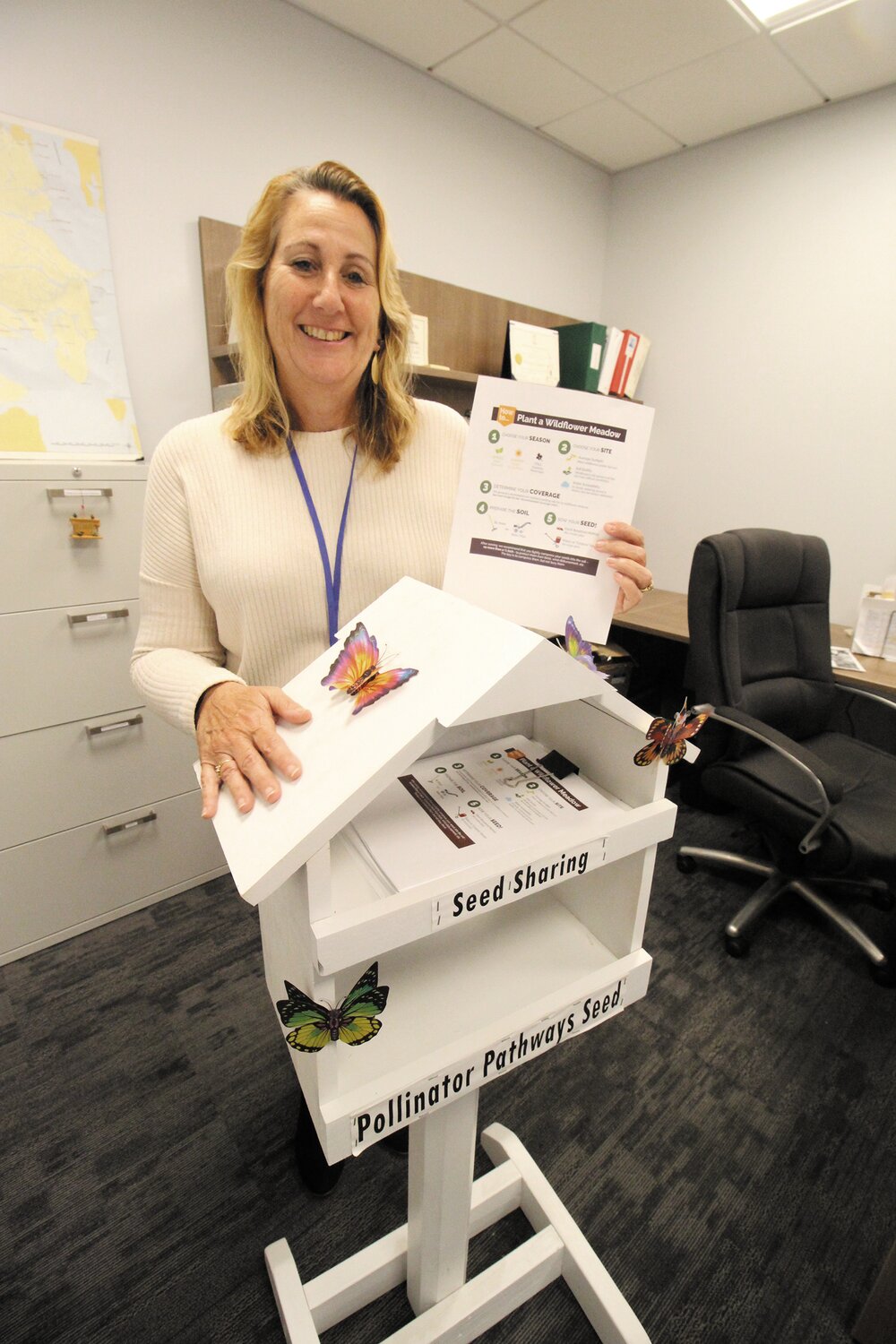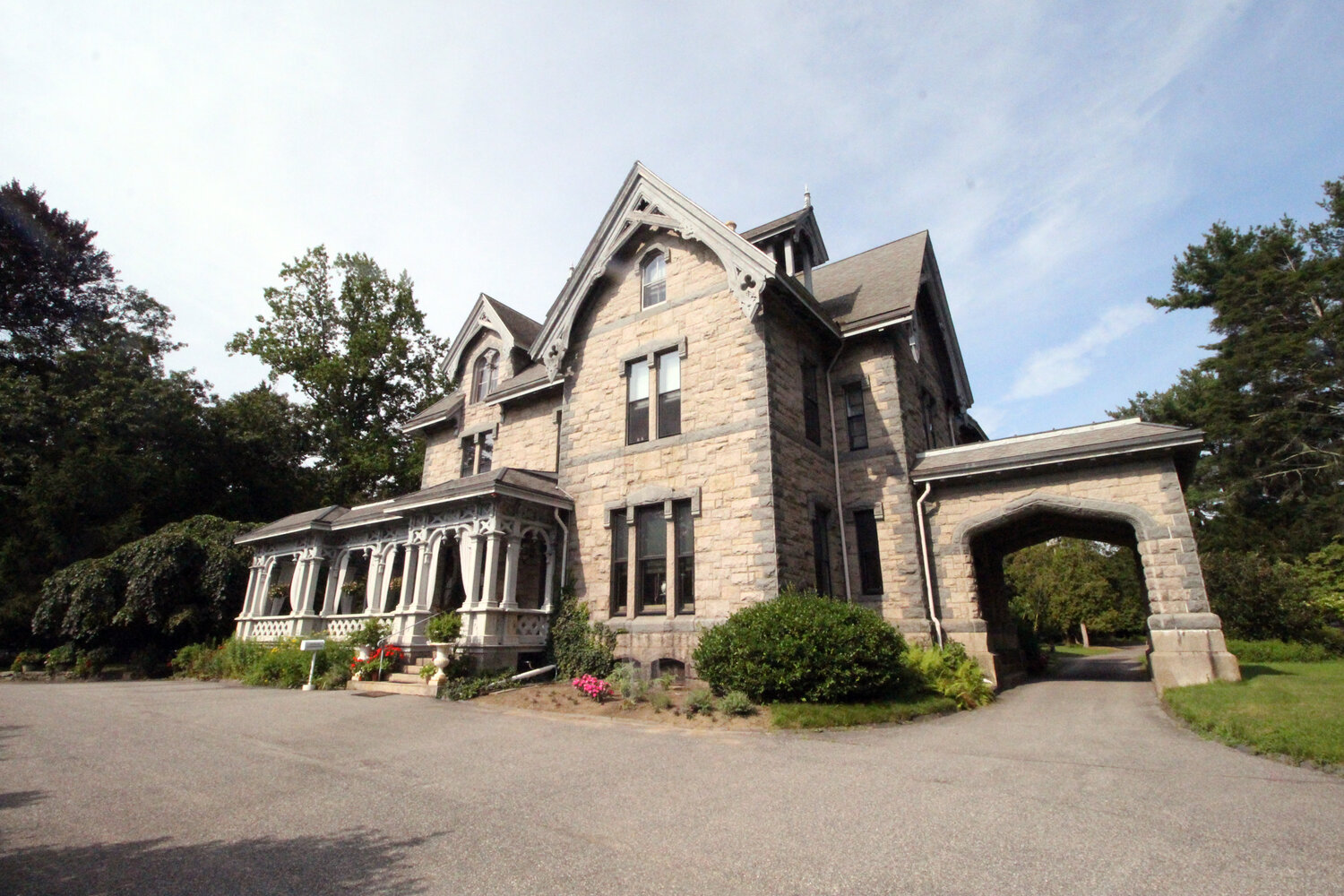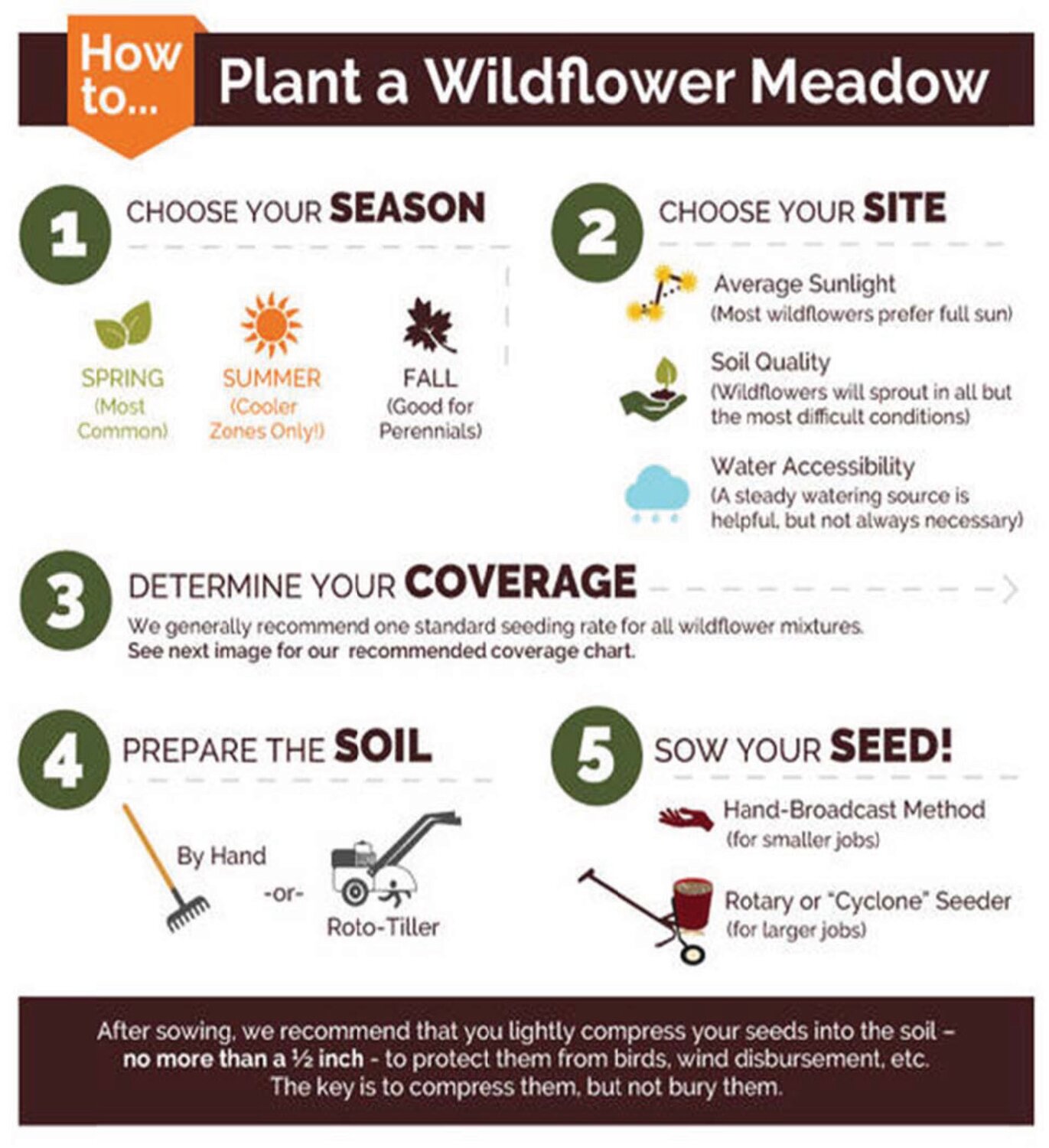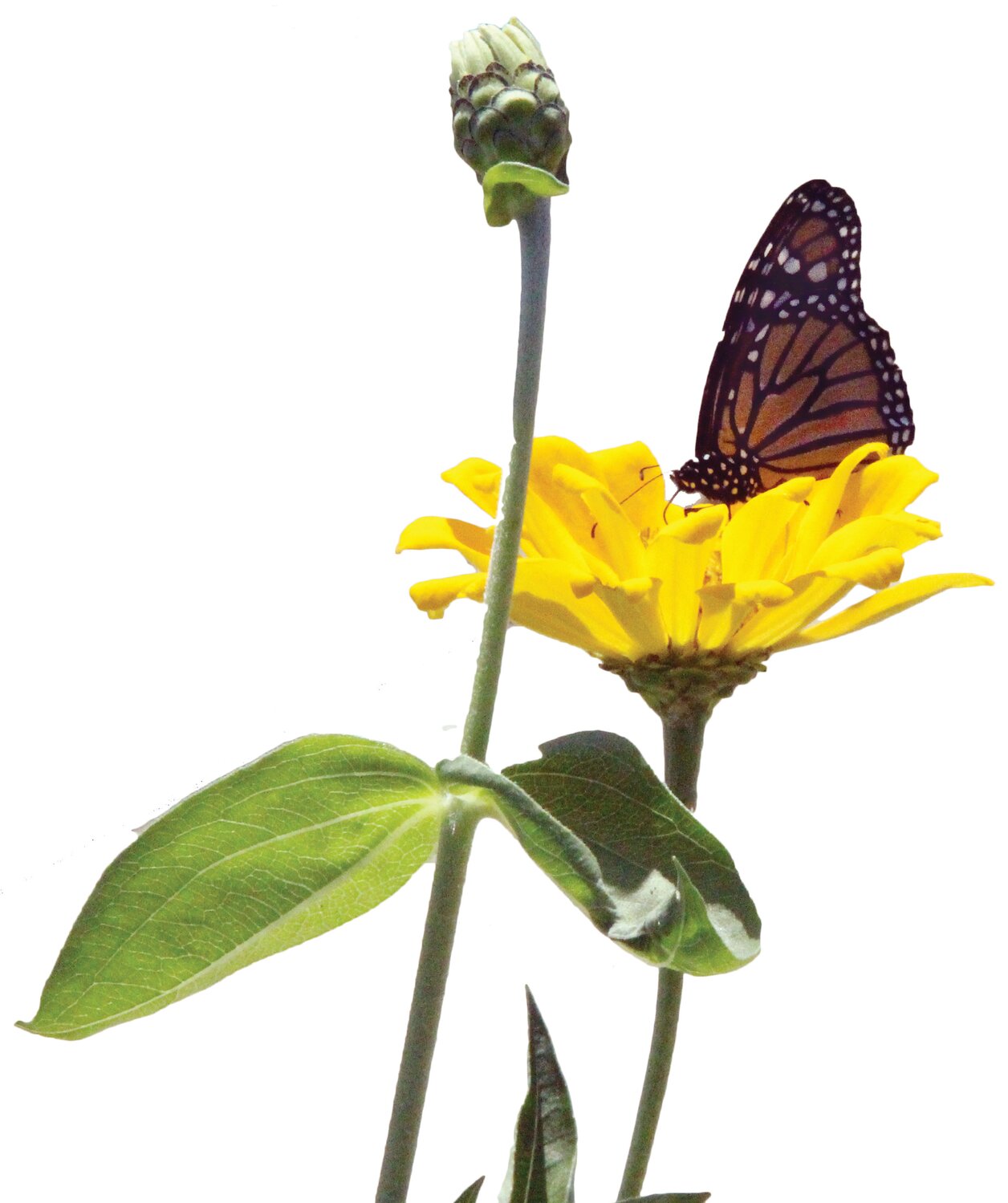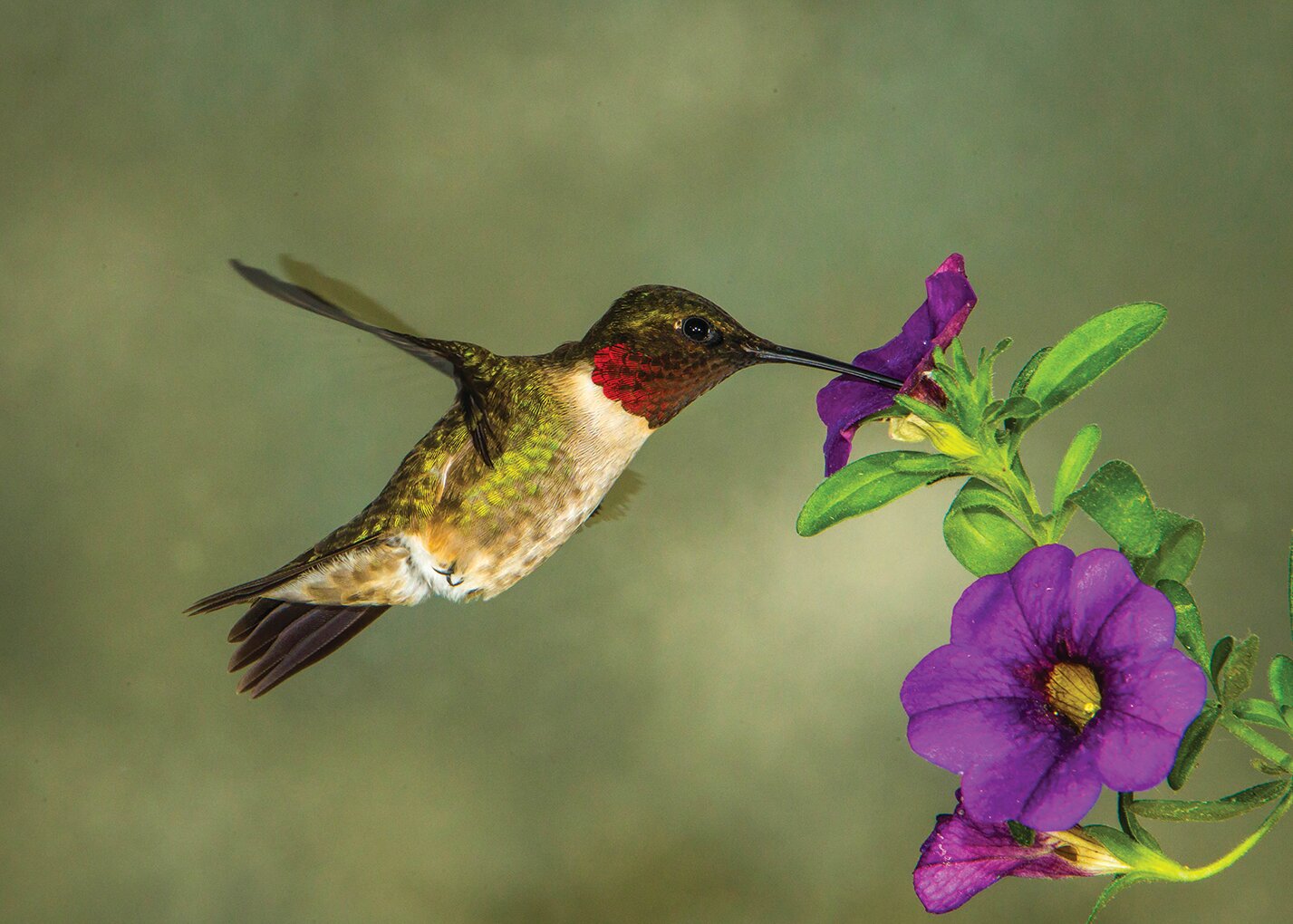Building a pollinator pathway yard by yard
Sept. 30 workshop focuses on native plants, importance of pollinators
On Saturday September 30, the Clouds Hill Museum in Cowesett will host a free workshop from 10 a.m. to 2 p.m. to educate guests about the native plants they can grow to preserve and expand pollinator habitats and populations.
This program supports the nationwide phenomenon of Pollinator Pathways. Anne Holst, the curator and owner of the Clouds Hill Museum and Chairman of the Warwick Wildlife & Conservation Commission, explained that a corridor of native plants expands the reach of pollinators.
“Particularly bees are very limited in how far from the hive they can go unless there is a continuous path of plants that they can get pollen and nectar from,” Holst said. With a pathway connecting areas, “bees and butterflies can go back and forth,” she added. To Holst, now is the time to act to protect the pollinators.
“Our pollinating insects, our moths, butterflies, bees and even some of the birds that help to pollinate crops are getting seriously depleted, and if we don’t have anything to pollinate the plants that we eat the food from, we’re not going to have any food to eat,” Holst said.
According to Holst, the event encourages homeowners to consider participating in the pathway. She said they will discuss the advantages of a “bee lawn” – planting native plants like clovers to provide “tremendous amounts of seeds” for pollinators. Holst added that these lawns of native plants require less upkeep than traditional “sterile” lawns.
“It’s important to plant the right plants,” she said. “When landscapers plant plants that are not native to this area, our insects don’t go to them for what little nectar they have.” She added that native bees, which are solitary, only roam 600 feet from their nest. When surrounded by grassy lawns, they often perish, but the presence of native plants would sustain them.
She said Warwick is just starting out with pollinator pathways, but homeowners should take action on their own properties because “every little bit helps.”
“If people would devote even just a small portion of their backyard to native plantings and to maybe not mowing a section of the lawn, that would be great,” Holst said.
The event will feature experts including keynote speaker Nathan Lamb, a landscape designer from Kingston specializing in native plants, and Amy Ottilige, a monarch butterfly keeper. Holst said that there will be speakers from the Rhode Island Wild Plant Society, the Department of Environmental Management’s Division of Agriculture and the Environmental Council of Rhode Island. A representative from the US Department of Agriculture’s Natural Resource Conservation Center in West Warwick has also been invited.
Lamb said his career has “bounced between horticulture and restoration ecology for the last 15 years.” In 2020, he started a business to take what he’s learned about ecology to gardeners who “want a healthy relationship with the land.” He said his talk will be “practical,” providing “some advice on how to go about choosing plants and installing them in a way that will be more successful, pollinator-friendly, and still beautiful.”
He hopes his talk will show that small changes can make a huge difference.
“Even the right plant in the window box will bring pollinators,” Lamb said. “And the more we all get to know them, up close and personal, the more we see their value and can work to make a world in which we both thrive.”
Ottilige– a butterfly enthusiast who has raised 1,300 butterflies since 2014– said her presentation will include book recommendations, information about milkweed, plant suggestions and an activity for children to raise awareness about butterflies. Like many pollinators, the monarch butterfly population is slowly decreasing due to changes in climate and the environment.
“I’m really hoping that it will entice and show interest,” she added. “If I can encourage people to do something, that is great.” She said is receptive to helping people as they begin their gardens.
Holst added that this event is geared towards “people interested in gardening and school aged groups.” Building pollinator pathways is a great scout project, she added.
She added that there is currently a kiosk of small packets of wildflower seeds at City Hall if residents want to use them for their yard.


